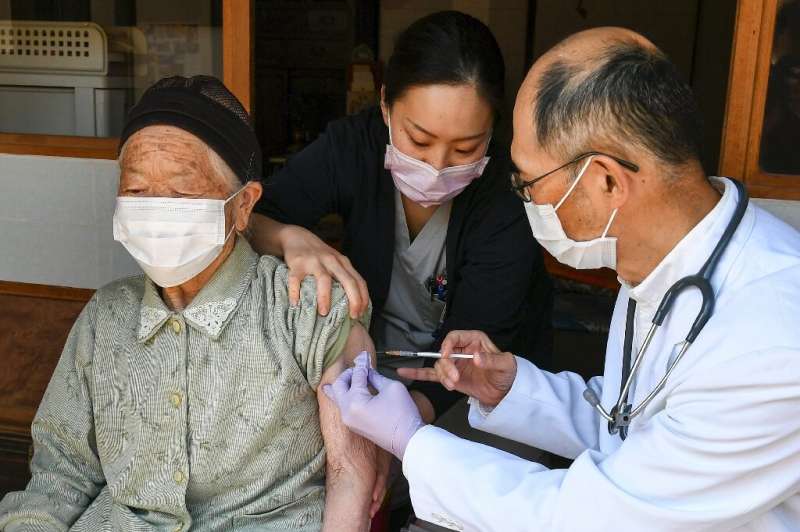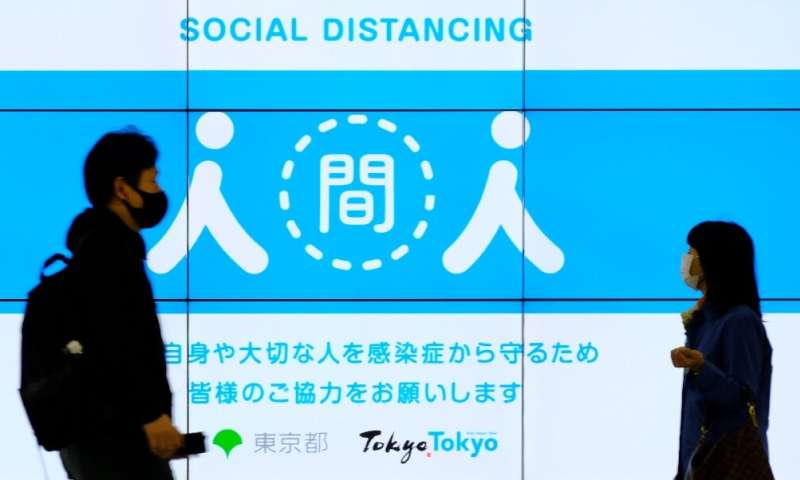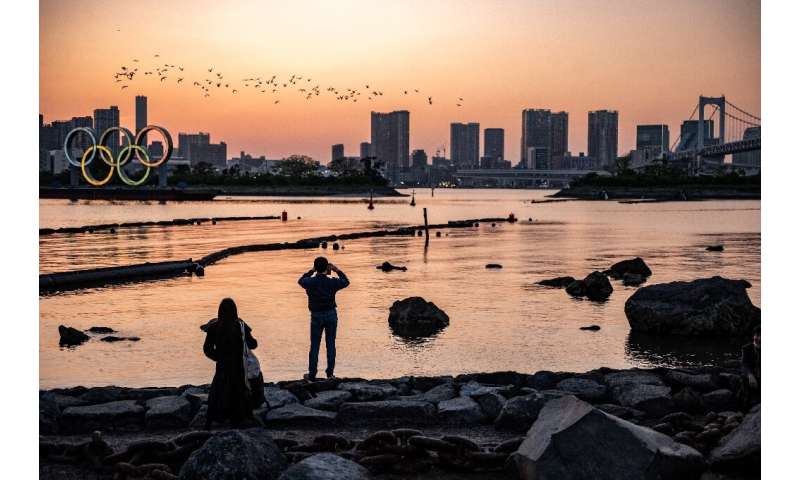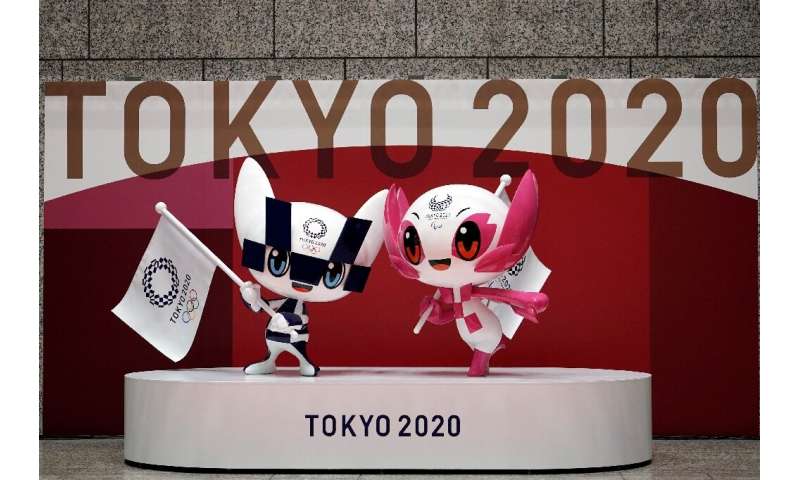
Three months before it hosts the Olympics—the biggest international event since the pandemic began—Japan has fully vaccinated less than one percent of its population in a cautious, slow-moving programme.
Olympic organisers and local officials stress vaccines are not a prerequisite for the Games. Participants will not have to be inoculated before arrival and there are no plans to prioritise vaccination of Japanese athletes or volunteers.
But the slow rollout in the world’s third-largest economy, which experts say is driven by a mixture of caution and entrenched bureaucratic hurdles, is starting to weigh on public opinion.
The government has emphasised caution to build trust in the vaccine, said Takakazu Yamagishi, director of the Center for International Affairs at Nanzan University, who researches health policy.
But, seeing speedy vaccinations elsewhere, “more and more people are realising that the delayed vaccination process has put Japan in a difficult position to hold the Olympics,” he told AFP.
This could “weaken their support for the Games”.
A majority of Japanese already oppose holding the Games this summer, and Prime Minister Yoshihide Suga, who faces a general election this year, has been under pressure for months over his coronavirus response.
The country’s outbreak has been comparatively small so far, with fewer than 10,000 deaths.
But several regions, including Tokyo, requested new virus states of emergency this week over a fresh wave of cases that has already overwhelmed some local healthcare systems.

Games unaffected, organisers say
Writing in the British Medical Journal this month, four health experts cited Japan’s “sluggish vaccine rollout” among other factors in urging plans to hold the Games “be reconsidered as a matter of urgency”.
Polls show three-quarters of Japan’s public consider the rollout slow, with 60 percent saying they are dissatisfied with the programme.
Olympic organisers insist the rollout’s pace will not impact the Games.
“We’ll be able to deliver the Games even without vaccination,” Tokyo 2020 CEO Toshiro Muto told reporters on Wednesday.
“Of course, if vaccines become available, that would be an upside… But as far as we’re concerned, regardless of the vaccine, we will take thorough COVID-19 countermeasures to be able to deliver the Games.”
The International Olympic Committee is encouraging athletes to get vaccinated and has secured Chinese doses for teams from countries with limited access.
Several countries have already vaccinated their teams or said they plan to.

But Japanese officials say there is no plan to follow suit, and there is no timetable yet for expanding jabs to the general population.
The government has deals with AstraZeneca, Pfizer and Moderna for enough doses to cover all 125 million residents, but it has only approved the Pfizer shot so far.
Vaccinations began in February with medical workers and expanded just last week to the elderly.
Experts say the cautious rollout is informed partly by past vaccine controversies. Strict rules include a requirement that vaccines be trialled locally on top of international testing.
Supply, manpower concerns
There have also been concerns about export restrictions impacting supply, and Japan has stockpiled significant doses before administering them.
It has received more than 17 million doses from Europe so far—but only around 1.5 million people have had a first shot, with just over 827,000 fully vaccinated.
“In Japan, people consider equality important,” said Koji Wada, a professor at Japan’s International University of Health and Welfare.

“So if there are only 9,000 items for 10,000 people in need during a disaster, for example, some municipalities wouldn’t provide them,” he told AFP.
Japan says it will have enough vaccines for everyone over 16 by September, but when those doses will be administered is less clear.
Approvals for the Moderna and AstraZeneca formulas are not expected before May at the earliest, and there are other challenges, including rules that allow only doctors and nurses to administer the jab.
The slow pace makes it likely that Japan’s population, including thousands of Olympic volunteers and support staff, will not be vaccinated by the time athletes begin pouring into the country.
Overseas fans have already been barred, and a decision on how many domestic fans—if any—will be allowed into Olympic venues may not come until June.
One thing is clear: reaching herd immunity—the threshold needed to stop the virus spreading—in time for the opening ceremony is no longer an option.
Source: Read Full Article
